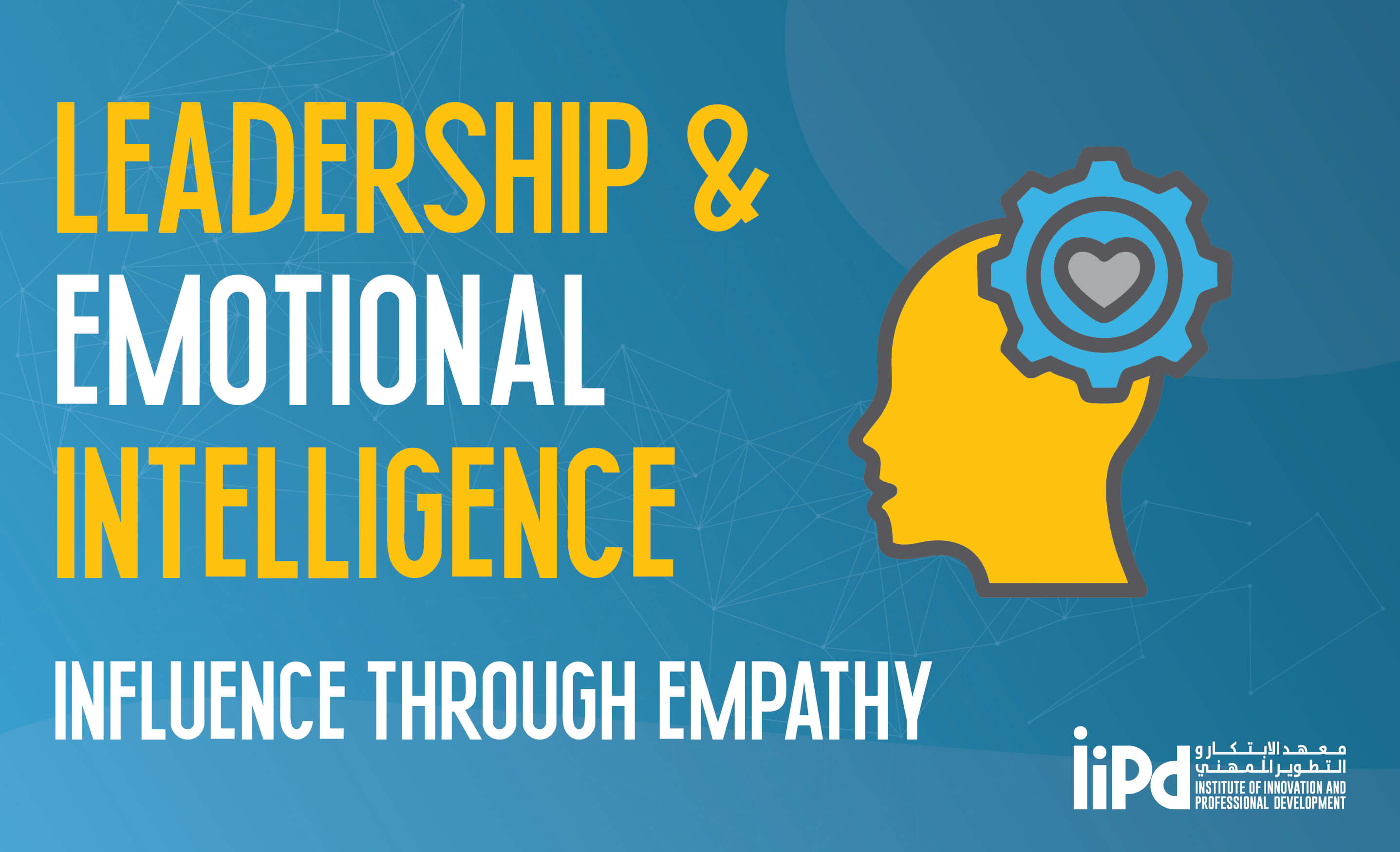
Course Details
Effective leadership is more than managing tasks—it is about understanding people. Emotional Intelligence (EQ) is the ability to recognize, manage, and influence emotions in yourself and others. This Leadership and Emotional Intelligence Training Course is designed to help managers, supervisors, and professionals strengthen their leadership presence by developing practical EQ skills.
Through this course, participants will explore how emotional intelligence impacts decision-making, team performance, and workplace culture. You will learn to improve self-awareness, regulate emotions under pressure, communicate with empathy, and inspire collaboration in diverse teams.
Learning Outcomes
By the end of this program, participants will be able to:
- Recognize the direct link between emotional intelligence and effective leadership.
- Strengthen self-awareness by identifying emotional triggers and behavior patterns.
- Apply strategies for emotional self-management and resilience.
- Develop empathy and social awareness to build stronger connections with teams.
- Improve relationship management skills for trust-building, conflict resolution, and team synergy.
- Use EQ techniques to inspire, influence, and create positive workplace environments.
- Career Benefits: Gain a competitive advantage for leadership positions, enhance team productivity, and increase organizational impact.
Who Should Attend?
This course is designed for:
- Team leaders and supervisors seeking to inspire teams.
- Middle and senior managers are improving leadership influence.
- HR professionals and trainers are responsible for leadership development.
- Entrepreneurs and business owners aiming to build people-focused organizations.
- Students of management, leadership, or psychology are preparing for future leadership roles.
Course Modules
Leadership & Emotional Intelligence Course helps professionals harness the power of emotional intelligence to build trust, manage conflict, and inspire teams. Participants develop deeper self-awareness, empathy, and resilience—enhancing their ability to lead with balance, compassion, and strategic influence.
Leadership and Emotional Intelligence
- Components of emotional intelligence
- The role of EQ in leadership effectiveness
- Connection between emotions, behaviors, and performance
- Case examples of emotionally intelligent leaders
Developing Self-Awareness
- Identifying emotions and their impact
- Strengths and limitations as a leader
- Emotional triggers and reactions
- Building an emotional vocabulary
- Using feedback for growth
Building Self-Management
- Techniques for emotional control
- Managing impulses and reactions
- Cultivating optimism and resilience
- Sustaining intrinsic motivation
- Stress management and recharge practices
Enhancing Social Awareness
- Reading non-verbal communication
- Active listening strategies
- Recognizing emotions in others
- Practicing empathy in leadership
- Understanding team and group dynamics
Relationship Management for Leaders
- Building trust and credibility
- Giving and receiving constructive feedback
- Conflict management strategies
- Promoting collaboration and team cohesion
- Leading with compassion during challenges
Methodology
This course follows a practical, interactive approach. Participants engage in case studies, role-plays, and group discussions that simulate real workplace challenges. Self-assessment tools help identify personal strengths and growth areas, while peer feedback enhances applied learning. By the end of the course, learners walk away with actionable leadership strategies that can be applied immediately in their organizations.








